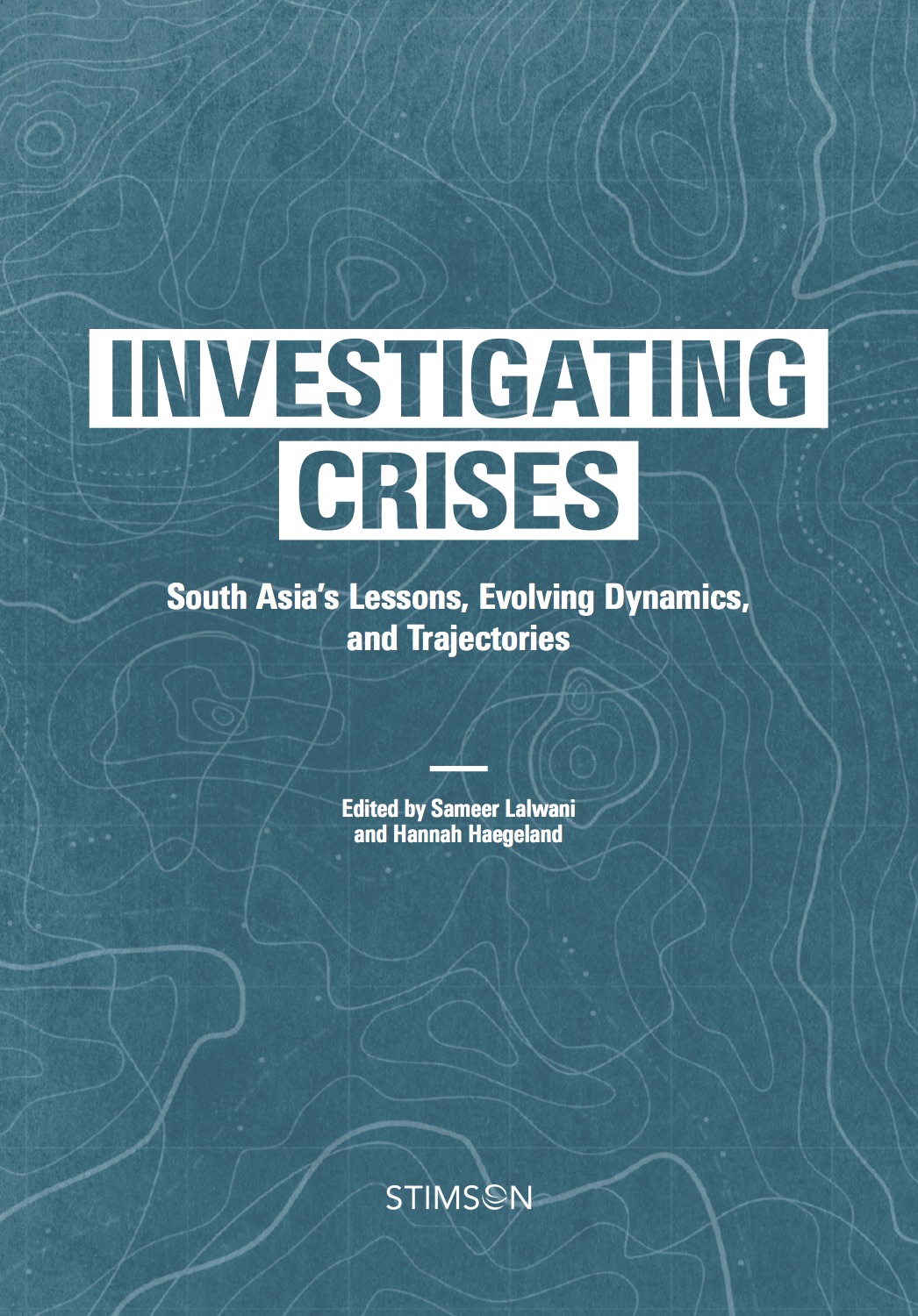Two decades after India and Pakistan went nuclear, there is continuing fear that the unending troubles between the two countries will lead to another crisis, which could potentially escalate to the nuclear level. As Sameer Lalwani notes in his introduction to this edited volume, current trends in the relations between the two countries ‘suggest a need for more concern than at any time since the 2008 Mumbai attack about renewed crisis onset, escalation, and instability between India and Pakistan.’ But as he also notes, Indian and Pakistani leaders ‘genuinely do not want war’ and this volume is designed to bring together the lessons of the past crises to help them avoid such an outcome. Considering the enormous quantity of work already on this subject, yet another book might appear unnecessary, but the editors have managed to bring together a set of contributions that in many cases present interesting findings and arguments that is well worth contemplating. One of the most interesting is the chapter by the editors themselves on why some terrorist attacks lead to crises but others do not. For example, the 1993 Mumbai commuter train terror attacks did not lead to a crisis, despite the large casualty count, while the 2008 Mumbai attacks did. Similarly, the Red Fort attack in 2000 did not lead to a major crisis but the attack on the Indian parliament a year later led to the so-called ‘twin-peaks crisis’. Coding the data from 51 ‘provocations’ (terrorist incidents), the authors conduct a preliminary Pearson chi-squared test to examine some of the most commonly attributed reasons for this variation in the onset of crisis. They find that most of the normally assumed reasons—the lethality of the attack or the importance of the target—are not particularly useful in explaining the onset of crises, suggesting that political factors and decisions are probably more important. The authors are careful to emphasize how tentative their conclusions are, but even with such caveats, it is difficult not to see some problems in this analysis. Ultimately, the most difficult part of the problem is in coding these events: for example, though they appear to see the Red Fort attack and the Parliament attack as similar because they involved ‘iconic targets’, these two targets are hardly the same. The attack on the Parliament, at a time when it was in session and included almost the entire national political leadership, can hardly be compared to any other terror strikes. Similarly, the nature of the terror strikes in Mumbai in 2003 and 2008 are not really comparable because the former was carried out largely by Indian citizens, even if aided by Pakistan, while the latter was a direct assault by Pakistani terrorists. But these variations are difficult to incorporate when using quantitative methods, especially when dealing with such a limited number of cases.

Implications For Crisis Management In South Asia
Rajesh Rajagopalan
INVESTIGATING CRISES: SOUTH ASIA’S LESSONS, EVOLVING DYNAMICS, AND TRAJECTORIES by Sameer Lalwani and Hannah Haegeland Stimson Center, Washington D.C. 2018, 2018, 268 pp., not price
September 2018, volume 42, No 9
